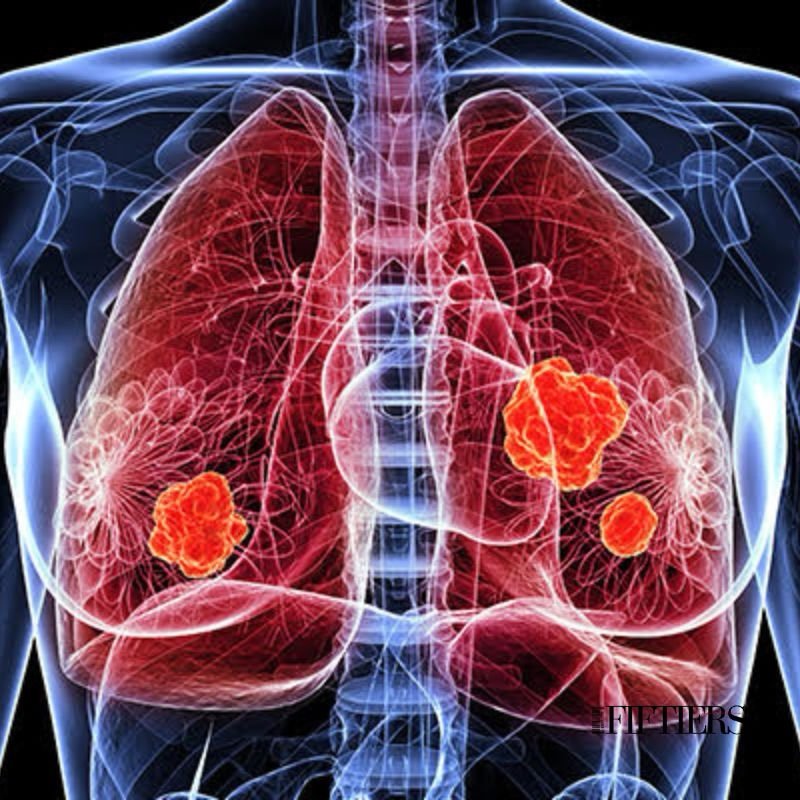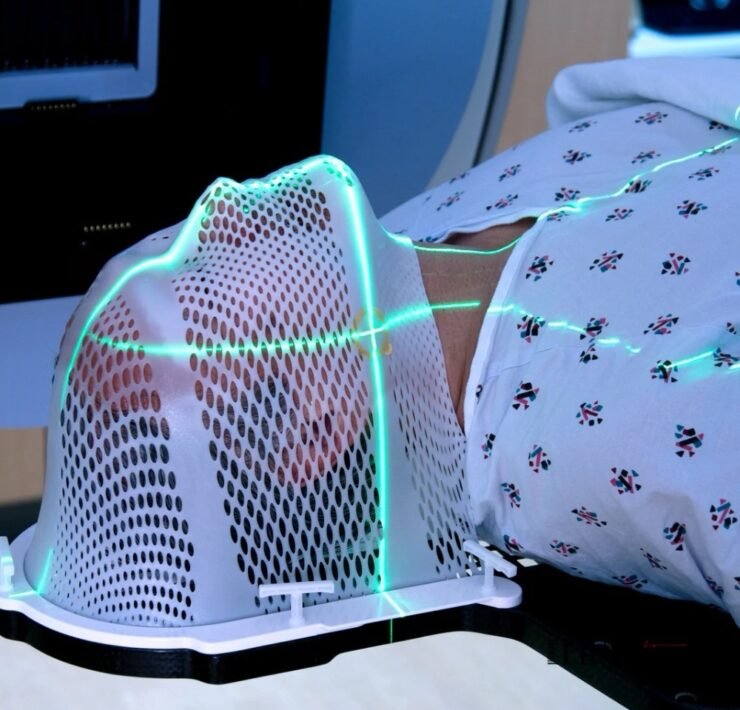New AI-Based Therapies for Treating Lung Cancer

FIFTIERS | Life Begins at 50. La vida comienza a…
Lung cancer is one of the deadliest and most complex diseases affecting humanity. According to the World Health Organization (WHO), it is the leading cause of cancer-related deaths worldwide, responsible for more than 1.8 million deaths each year. Despite advancements in medicine and research, treating lung cancer remains a major challenge. However, in recent years, new therapies based on artificial intelligence (AI) have emerged that promise to revolutionize how this disease is approached.
Introduction to AI in Medicine
AI has been used in various areas of medicine for decades, from medical imaging to the analysis of clinical data. However, its application in lung cancer treatment is relatively recent. AI can be used to analyze large volumes of data, identify patterns, and make decisions based on that information. In the context of lung cancer, AI can be used to diagnose the disease in its early stages, personalize treatment, and monitor disease progression.
AI-Based Therapies for Lung Cancer
Several AI-based therapies are currently being developed and used to treat lung cancer. Some of these therapies include:
- Medical imaging analysis: AI can analyze medical images such as X-rays and CT scans to identify tumors and diagnose lung cancer at early stages.
- Treatment simulation: AI can simulate the behavior of treatments such as radiotherapy and chemotherapy to determine the optimal dose and minimize side effects.
- Personalized drug development: AI can be used to develop customized medications tailored to the specific needs of each patient.
- Disease monitoring: AI can track the progression of the disease and adjust treatment as needed.
Advantages of AI-Based Therapies
AI-based therapies offer several advantages over traditional treatments. Some of these benefits include:
- Greater accuracy: AI can process vast amounts of data and make decisions based on it, leading to more accurate diagnoses and treatments.
- Increased efficiency: AI can automate many processes, reducing both the time and cost of treatment.
- Enhanced personalization: AI can help create tailored treatments specific to each patient’s unique profile.
- Higher survival rates: By monitoring disease progression and adapting treatments in real time, AI may contribute to improved survival rates.
Challenges and Limitations of AI-Based Therapies
While AI-based therapies have many advantages, they also face several challenges and limitations that must be addressed. These include:
- Lack of data: AI requires large datasets to function effectively, and limited data availability can hinder its diagnostic and therapeutic capabilities.
- Data quality: The accuracy of AI relies on high-quality data. Poor data quality can lead to incorrect diagnoses and ineffective treatments.
- Interpretation of results: AI may produce complex outputs that require expert interpretation. A lack of trained professionals can limit its usability.
- Cost and accessibility: AI-based therapies may be expensive and not accessible to all patients, restricting their widespread adoption.
The Future of AI-Based Therapies for Lung Cancer
The future of AI-based therapies for lung cancer is promising. As technology continues to evolve, we are likely to see significant improvements in AI’s ability to diagnose and treat this disease. Expected future advancements include:
- Development of more advanced algorithms: Enhanced algorithms may offer improved accuracy and efficiency in diagnosis and treatment planning.
- Greater use of virtual and augmented reality: These technologies could provide immersive and personalized experiences for patients.
- Development of wearable devices: Wearables may enable continuous monitoring and treatment adjustments based on real-time data.
- Increased collaboration between industry and academia: Collaboration can drive innovation and accelerate the development of effective AI-based therapies.
Impact of AI-Based Therapies on Society
AI-based therapies could have a profound impact on society. Some potential effects include:
- Improved quality of life: AI-driven treatments may enhance the quality of life for lung cancer patients.
- Reduced healthcare costs: More accurate and efficient treatments may help lower healthcare expenditures.
- Increased survival rates: AI-based interventions may improve survival rates for lung cancer patients.
- Better accessibility: These therapies could expand access to effective treatments for a broader range of patients.
Discover more from FIFTIERS
Subscribe to get the latest posts sent to your email.


















